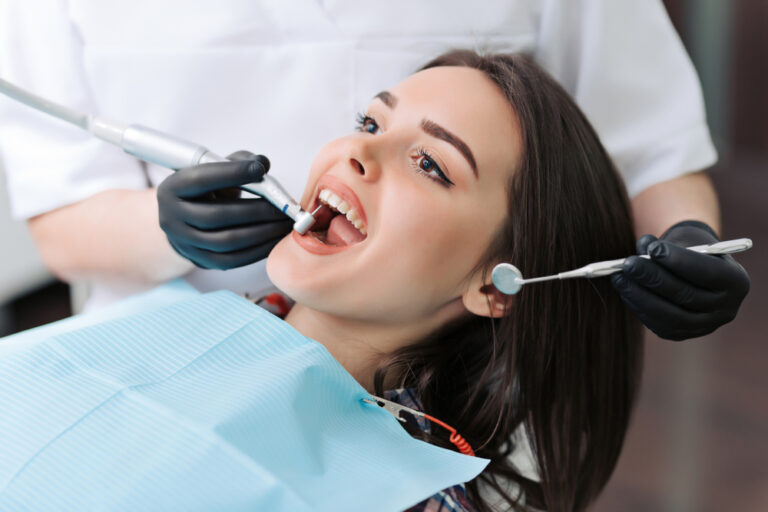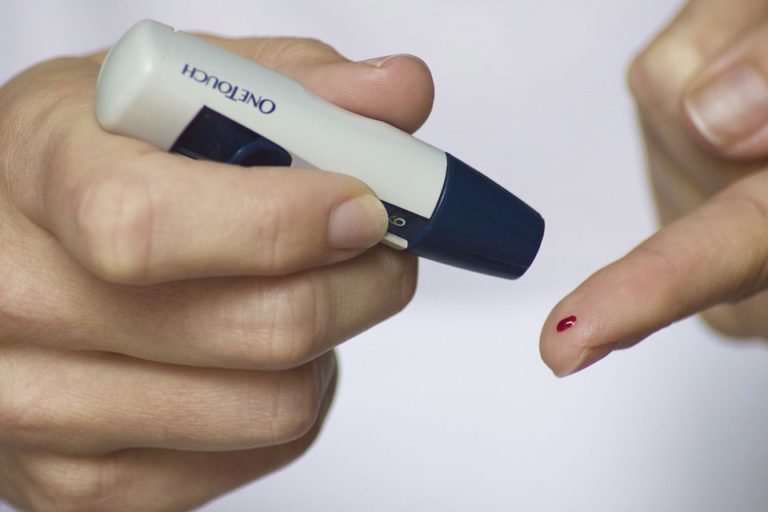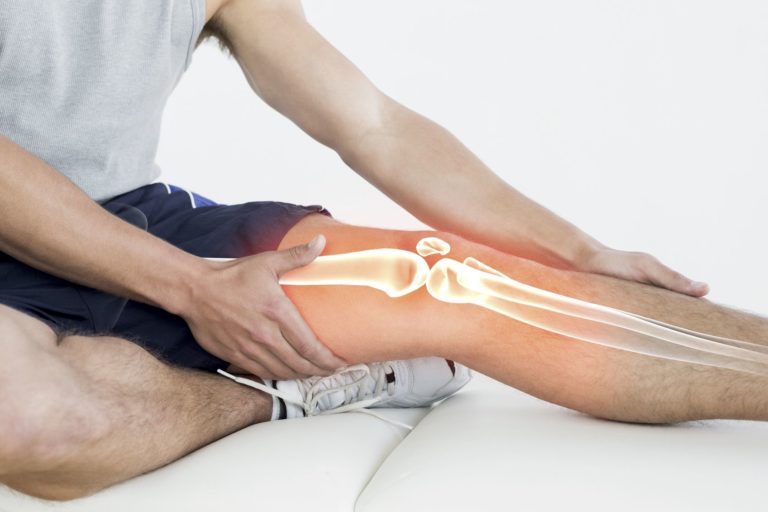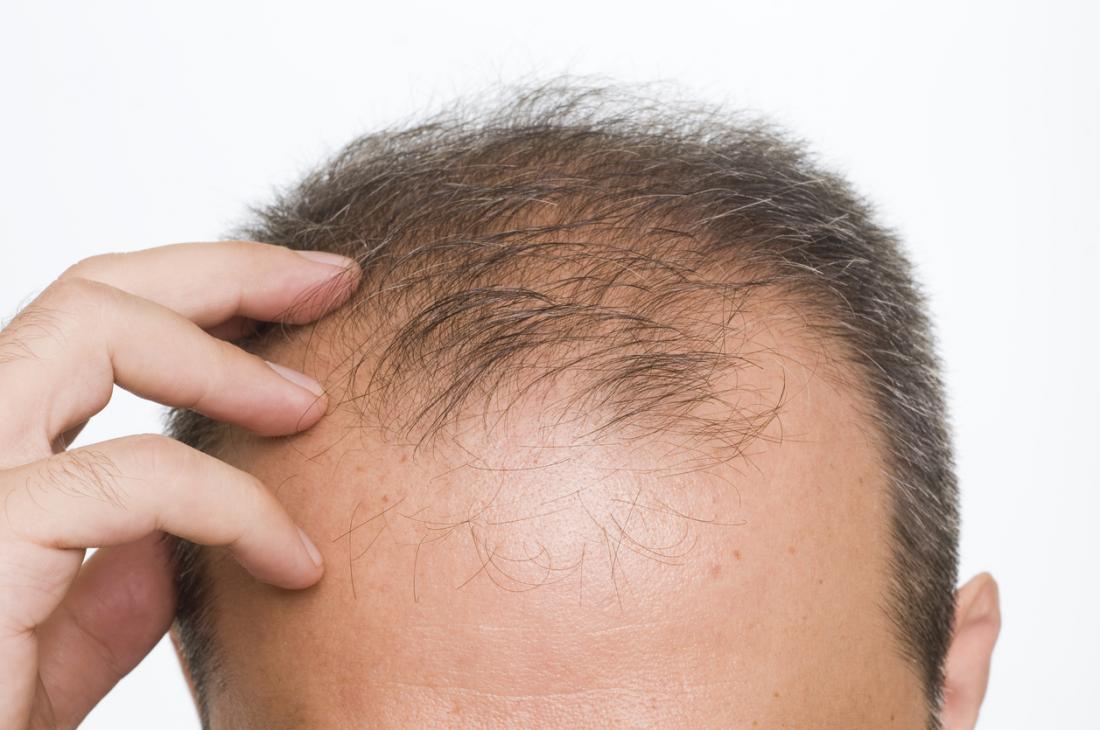
An iron deficiency
According to a study in the Journal of Korean Medical Science, those affected by this specific type of hair loss can experience symptoms for several years. Since iron plays a crucial role in producing hemoglobin, a compound that carries oxygen to cells, this can mess with your body’s ability to carry out essential processes like hair and nail growth. You can make up for this deficiency by upping your protein intake, or by taking iron supplements—though you should talk to a doctor before doing this.

A thyroid condition
Hypothyroidism, or an underactive thyroid gland, is another possible reason for the lull in hair growth. Since your body is not producing the adequate number of hormones, your hair cycle is damaged. If you’re experiencing any of these symptoms, such as dry skin or depression, it might be time to talk to a doctor.
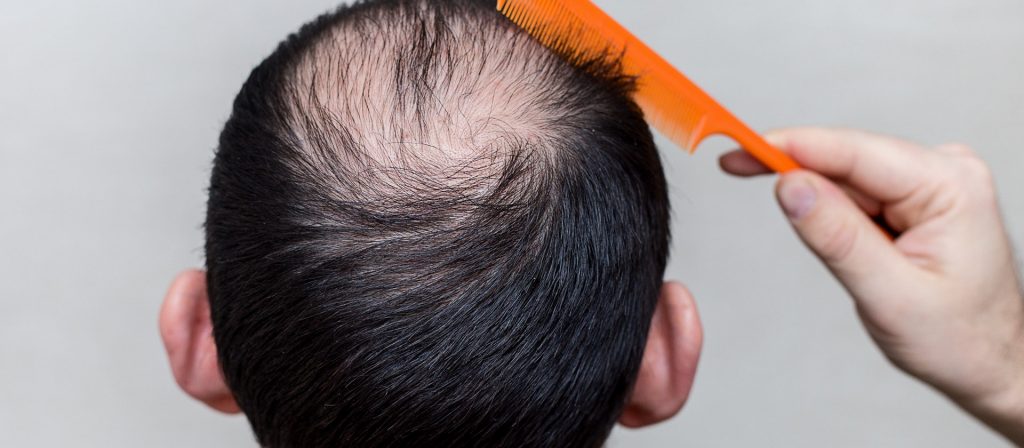
An autoimmune disease
Another sneaky culprit of hair loss is alopecia areata, an autoimmune disease that confuses the hair for an attack on the immune system. According to Marc Glashofer, MD, a dermatologist in New York City, if your hair loss is occurring in round circles on your scalp, then you most likely are a victim of alopecia. Alopecia can be treated with steroids and even over-the-counter products like Rogaine.









